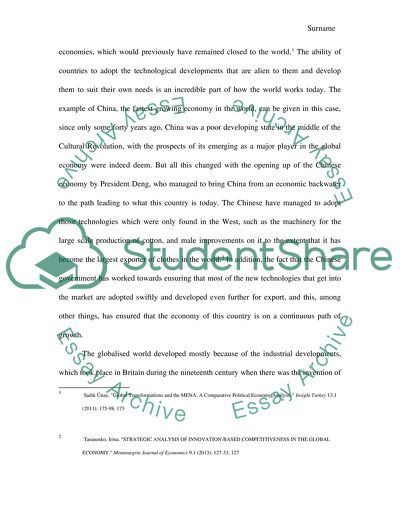Cite this document
(“Understanding the Complexity of Globalization Essay”, n.d.)
Retrieved from https://studentshare.org/sociology/1496829-understanding-the-complexity-of-globalization
Retrieved from https://studentshare.org/sociology/1496829-understanding-the-complexity-of-globalization
(Understanding the Complexity of Globalization Essay)
https://studentshare.org/sociology/1496829-understanding-the-complexity-of-globalization.
https://studentshare.org/sociology/1496829-understanding-the-complexity-of-globalization.
“Understanding the Complexity of Globalization Essay”, n.d. https://studentshare.org/sociology/1496829-understanding-the-complexity-of-globalization.


